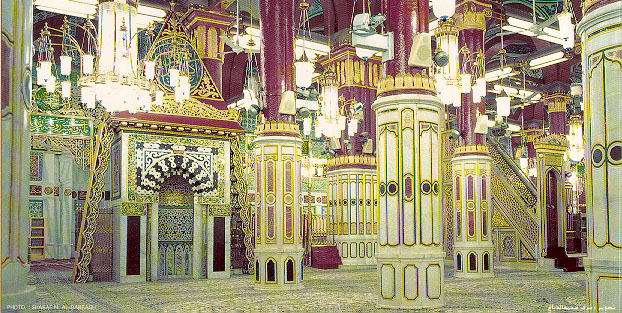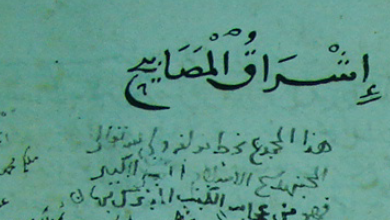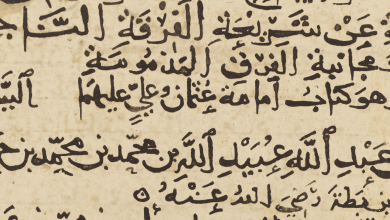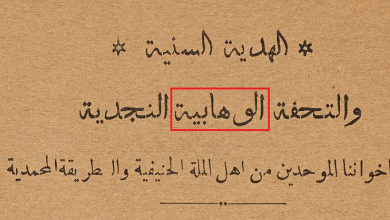The Noble Quran: A Critical Evaluation of Al-Hilali and Khan’s Translation
The Noble Quran: A Critical Evaluation of Taqi-ud-Din Al-Hilali and Muhsin Khan’s Translation
By – Zaidan Ali Jassem
Department of English Language and Translation, Qassim University, Buraidah, KSA
Abstract:
This paper aims to critically evaluate Al-Hilali and Khan’s translation of the Holy Quran on several levels of linguistic and non-linguistic analysis. Although the study covers the whole work, the data consists of 261 instances which markedly diverge from normal English usage. The results indicate that the translation is replete with errors grammatically, lexically, stylistically, and discoursally. The errors are due to language transfer, overgeneralizations, ignorance of rule restrictions, and language/faith loyalty. The main conclusion is that while the translators tried very hard to present a factually accurate and linguistically faithful translation into English, the end product was too literal and so of no good practical value. The English is not only weak and awkward but also repels the reader from the text, thus discouraging him to carry on the joy of reading and learning.
Download link
Read online:








This was the first Qur’an I read. I got it for free when I was a kid.
It was terrible.
Extremely dry. No appeal at all. What is worse (a skim through the article shows that this is not mentioned) is the translator puts in his own theological interjections when they seem to be plain wrong. It really ruins the text and even though most strikingly beautiful parts of the Quran, even those that are great if normally translated, are ruined.
Let me give you an example.
“But We (i.e. Our angels who take the soul) are nearer to him than you, but you see not, ”
I mean, come on. Where is the part where the angels are close to the dying soul in the original arabic? Isn’t this verse a metaphorical and mystical statement about God’s nearness to man? Sure, it could mean this (a few tafsirs say it is), but why is this interpolation necessary!? Just leave it as it is!
What annoys me more is this awkward translation is seen every where and people who make Qur’an videos also use it. Its imprecise, awkward, unlovable, and just doesn’t do the Qur’an justice. I like Muhammad Asad. Better at explaining things, and the translation is sincere and enjoyable.
Thank you for your research and information re this Qur’an.
This is the first English Qur’an I received when I became a Muslim in 2001.
This interpretation takes me a long time to read not only because of all the text
in parenthesis, but I find myself spending a great deal of time reading the
pages and pages of footnotes instead of concentrating on what I should be
reading.